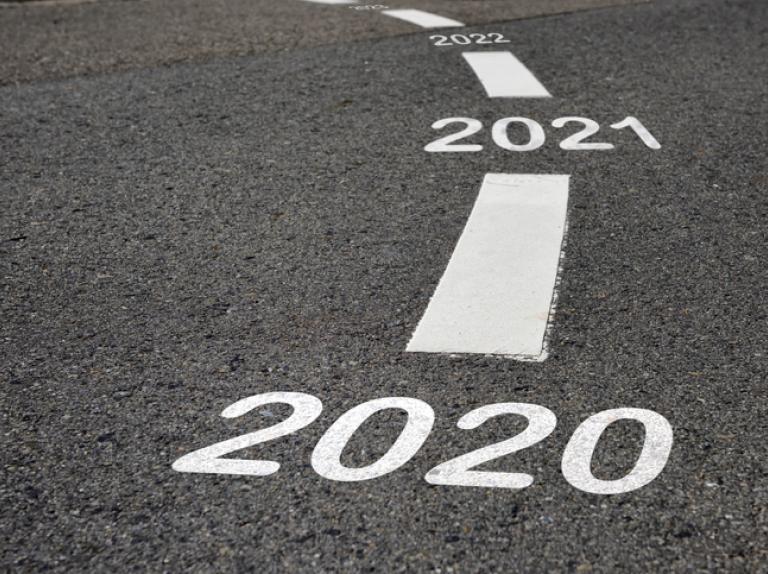
by: Gabe Seder, Senior Director of Advocacy Policy, Destinations International
The outcome of the 2020 US elections will have profound implications on how destinations respond to and recover from the ongoing Covid crisis. While the incoming Biden administration has assembled a team of advisors to develop an “action blueprint” for relief programs, the scope and scale of the administration’s response to the crisis will likely depend on which party controls the Senate when Biden is sworn into office in January.
In the meantime, stimulus and recovery spending has stalled on Capitol Hill for months in the increasingly partisan election environment—and there is little reason to think that any meaningful legislation will pass in the last months of the lame duck Congress. Worse, many of the programs designed to mitigate the economic impact of the crisis are set to expire before the end of the year, including the small business Paycheck Protection Program, paid sick and family leave benefits, and pandemic unemployment assistance for self-employed workers. Nevertheless, both the House and Senate are in session though December.
House Democrats continue to push for a $2.2 trillion stimulus bill that would include $130 billion for restaurants, hotels, and entertainment venues; $28 billion for the airline industry; $436 billion for state and local governments, and an additional $35 billion for Paycheck Protection. Senate Republicans have proposed a $500 billion response that would include $258 billion in Paycheck Protection with no funds specifically for airlines or tourism and hospitality sector businesses.
The Biden-Harris administration has lined up behind House Democrats’ proposal and has sketched out their additional relief priorities and policy objectives:

Whether the Biden administration can count on Senate support for these initiatives comes down to the result of two Senate runoff elections in Georgia, which will determine which party controls the Senate come January. If the Senate remains in Republican control, as is widely expected, the Biden administration will need to find a way to pass bipartisan legislation, which likely means walking back House Democrats’ most sweeping proposals and finding a middle ground with Republicans’ “skinny” proposal.

